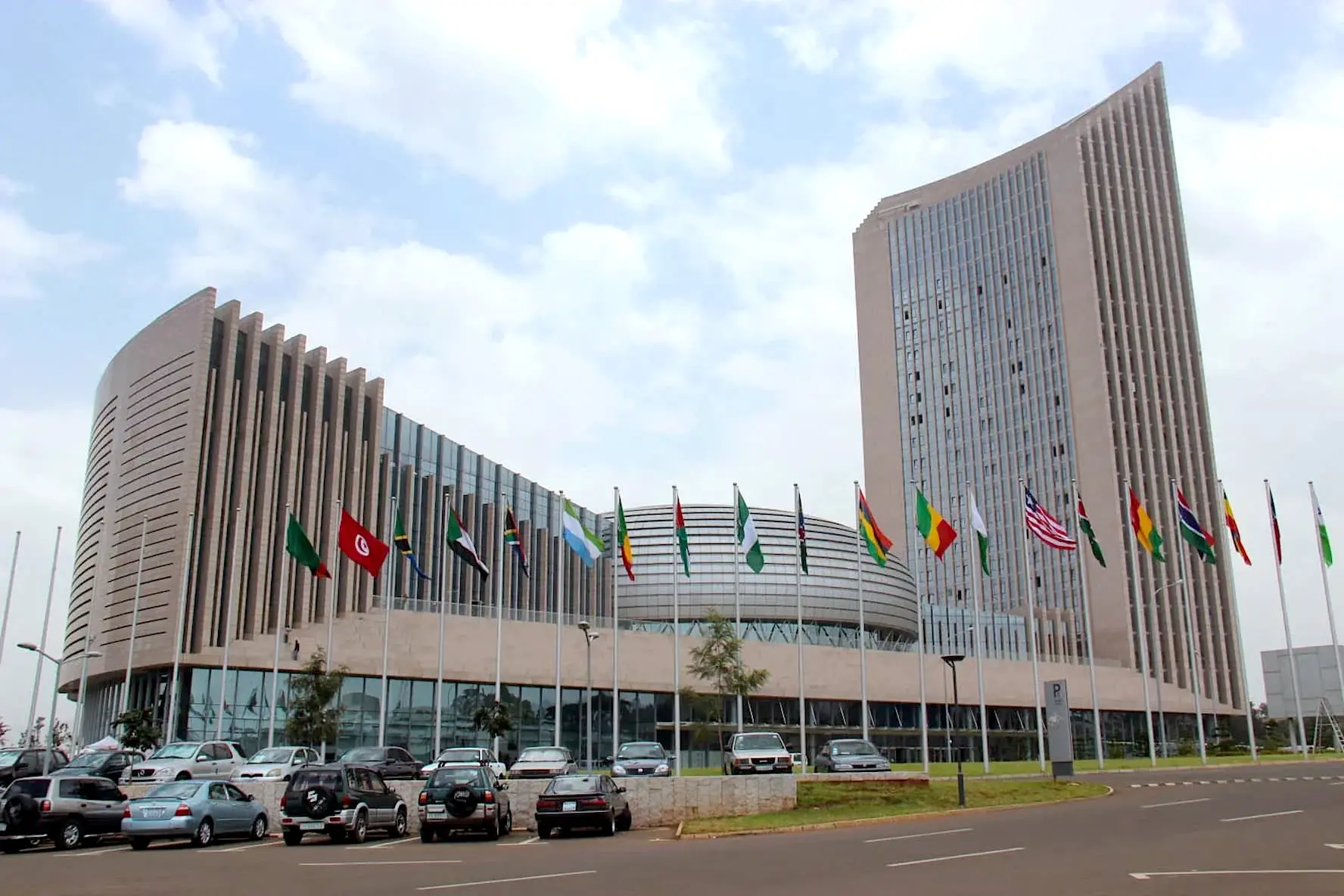
Africa’s drive to compete in the global technology race risks stalling due to weak policies, underfunding, and poor implementation, a leading data analytics expert has warned.
Dr. Eugene Frimpong says that despite Ghana’s adoption of the National Science Policy in 2010 and its Artificial Intelligence (AI) Strategy in 2022, progress remains hampered by “institutional inertia” and inconsistent government action.
He cites the Ghana Innovation and Startup Bill, introduced in 2018 but still unpassed, as a symbol of the lack of continuity that undermines the continent’s innovation agenda.
“Funding for research and innovation remains at just 0.4% of GDP, far below the global benchmark of 3%,” Dr. Frimpong said, warning that Africa’s readiness for AI-driven development is threatened by infrastructure deficits and a critical shortage of skilled professionals.
Across the continent, only Kenya, Rwanda, and Mauritius have enacted formal AI policies, while basic technical training is still “woefully inadequate,” limiting the adoption of transformative technologies.
Although private-sector initiatives such as MTN’s digital upskilling programs are helping fill the gap, Dr. Frimpong argues that governments must take the lead in developing cohesive frameworks, ensuring sustained funding, and protecting intellectual property. He highlights Ghana-based platform Agrocenta as a model for how AI can be harnessed to connect farmers with markets, but warns that Africa cannot bypass the long-term investments needed to build maturity.
Citing the United States’ $250 billion CHIPS Act, which bolsters semiconductor and AI capabilities, he stresses that Africa lacks comparable resources and must instead focus on structured, collaborative strategies.
Dr. Frimpong also warns that telecom monopolies across Africa are stifling competition and innovation, urging stronger collaboration between governments, private companies, and universities to translate research into market-ready solutions.
“With global AI competition accelerating, Africa’s window to leapfrog in technology is closing fast,” he said. “Without coordinated and properly funded roadmaps, the continent risks being left behind.”



